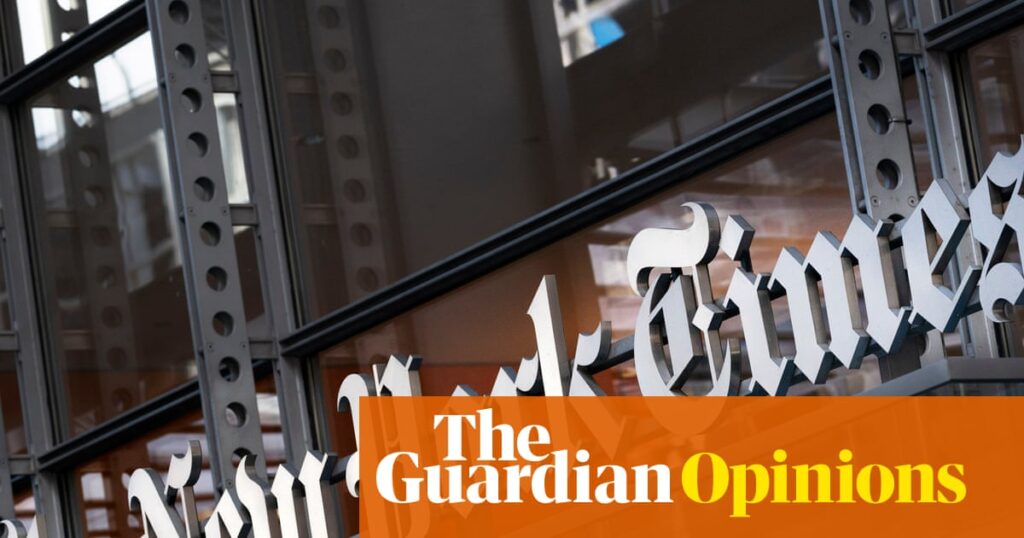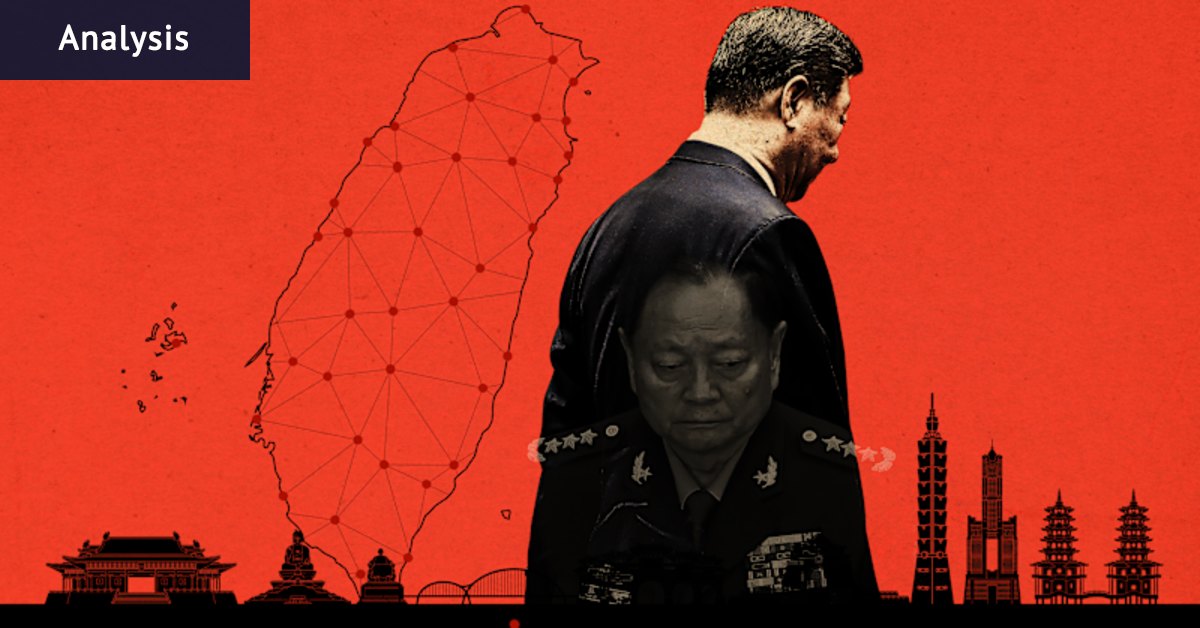
Donald Trump has filed a lawsuit against the New York Times, accusing the newspaper of being a “mouthpiece” for the “Radical Left Democrat Party.” This legal action, however, lacks specific allegations of libel, instead serving as another instance of Trump’s confrontational approach to the media. The lawsuit follows a pattern of similar actions against other major media outlets, raising concerns about the implications for press freedom and democracy.
In his lawsuit, Trump labels the New York Times as “one of the worst and most degenerate newspapers in the history of our country.” This follows a previous lawsuit against the Wall Street Journal’s parent company, where Trump contested the reporting of his birthday message to Jeffrey Epstein, which he denies sending despite its presence in Epstein files released by a U.S. House committee.
Trump’s history with defamation lawsuits is extensive. Last year, he sued ABC and its host George Stephanopoulos over statements regarding E. Jean Carroll’s civil suit, which were settled for $16 million. Similarly, CBS faced a lawsuit for allegedly editing an interview with Kamala Harris, resulting in another $16 million settlement.
Trump’s Legal Strategy and Its Roots
Defamation lawsuits have long been part of Trump’s strategy, a tactic he learned from Roy Cohn, a notorious legal figure. In the 1980s, Trump sued Chicago Tribune architecture critic Paul Gapp for $500 million over criticism of Trump’s proposed 150-story tower in Manhattan. The lawsuit was dismissed as protected opinion, illustrating the challenges of such legal actions.
However, the stakes are higher when a sitting president sues media entities. The media’s role in a democracy is to scrutinize and often criticize the president, a principle protected by the 1964 Supreme Court case New York Times Co. v. Sullivan. This case established that public officials must prove a false statement was made with knowledge of its falsity or reckless disregard for the truth to win a defamation suit.
The Supreme Court ruled in favor of the Times, emphasizing the necessity of protecting robust debate on public affairs.
Under this standard, Trump’s lawsuits against the New York Times and Wall Street Journal are unlikely to succeed. His previous lawsuits against ABC and CBS would have faced similar outcomes if they had gone to trial. Yet, Trump’s objective is not courtroom victories but rather influencing public opinion.
The Chilling Effect on the Media
Trump’s lawsuits serve as a warning to media organizations, potentially chilling criticism. Defending against such lawsuits is costly, involving legal fees and executive time, and when the plaintiff is the president, the stakes are even higher. For instance, CBS settled its lawsuit to facilitate a sale to Skydance, which required approval from Trump’s Federal Communications Commission.
The potential for retribution extends beyond legal actions. CBS faced internal upheaval, with resignations over its handling of the lawsuit and settlement. The network also hired an ombudsman from the conservative Hudson Institute to monitor bias, reflecting management’s attempts to appease the administration.
ABC also faced pressure, pulling Jimmy Kimmel off the air after a monologue critical of Trump. Meanwhile, Jeff Bezos, owner of the Washington Post, has reportedly imposed restrictions on the paper’s editorial stance, likely to avoid conflict with Trump.
Implications for Democracy and Next Steps
Trump’s actions against the media represent an attack on democratic principles. To safeguard press freedom, two measures are proposed. First, the New York Times v. Sullivan standard should be stricter when a president sues a media outlet, requiring proof that a false statement materially impaired official duties. Ideally, a president should not have standing to bring defamation suits, given the inherent power of the office.
Second, antitrust authorities should prevent large corporations or wealthy individuals with diverse business interests from acquiring major media platforms. The risk is that financial interests could overshadow the public’s right to know, compromising journalistic integrity.
The concentration of media ownership among the world’s wealthiest individuals poses a threat to unbiased reporting. If Democrats regain control of Congress, these initiatives should be codified into law to ensure a fearless press.
As democracy relies on an independent media, Trump’s legal maneuvers and the media’s responses are undermining this cornerstone of democratic society. The need for legislative action to protect press freedom has never been more urgent.







